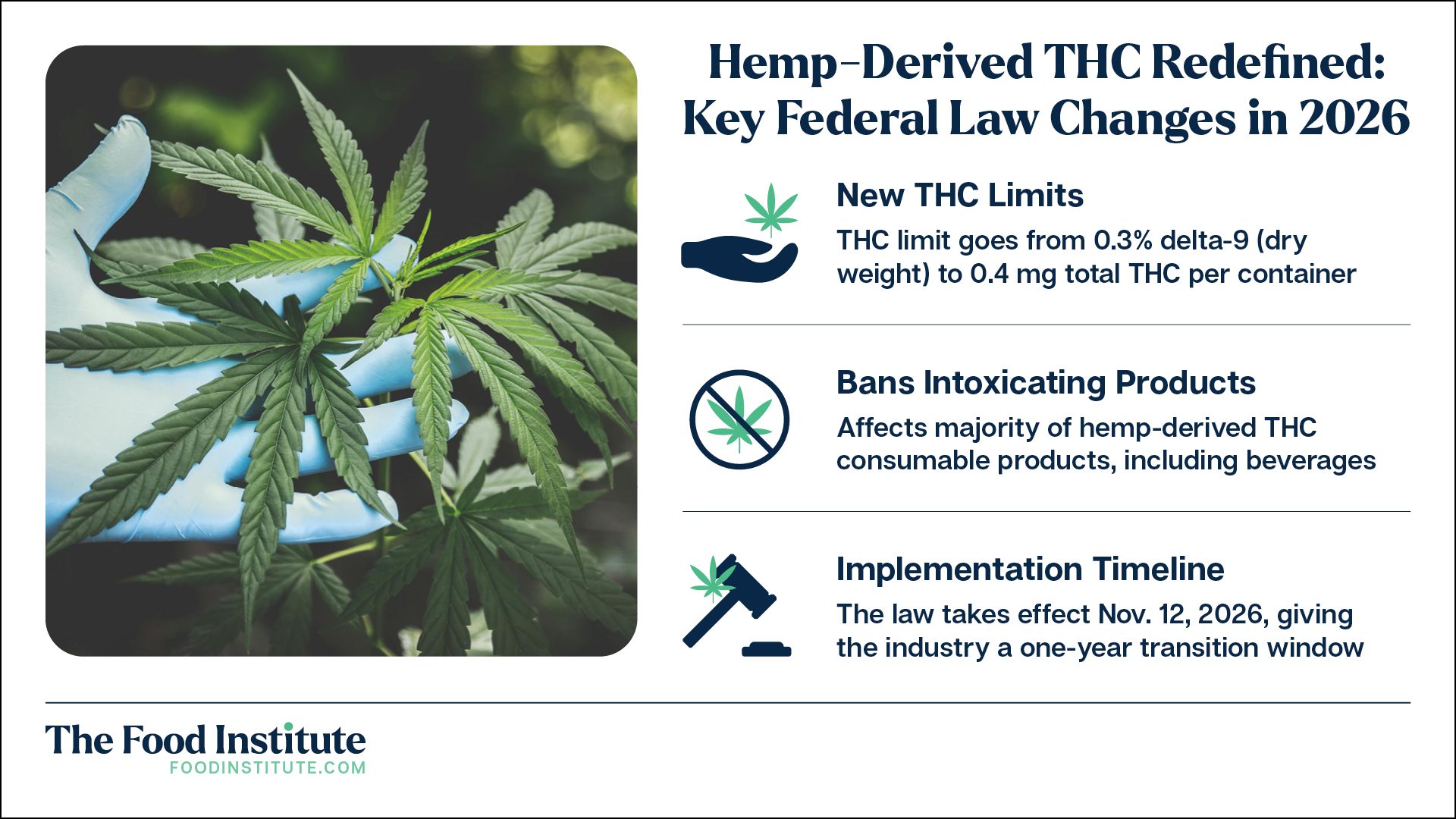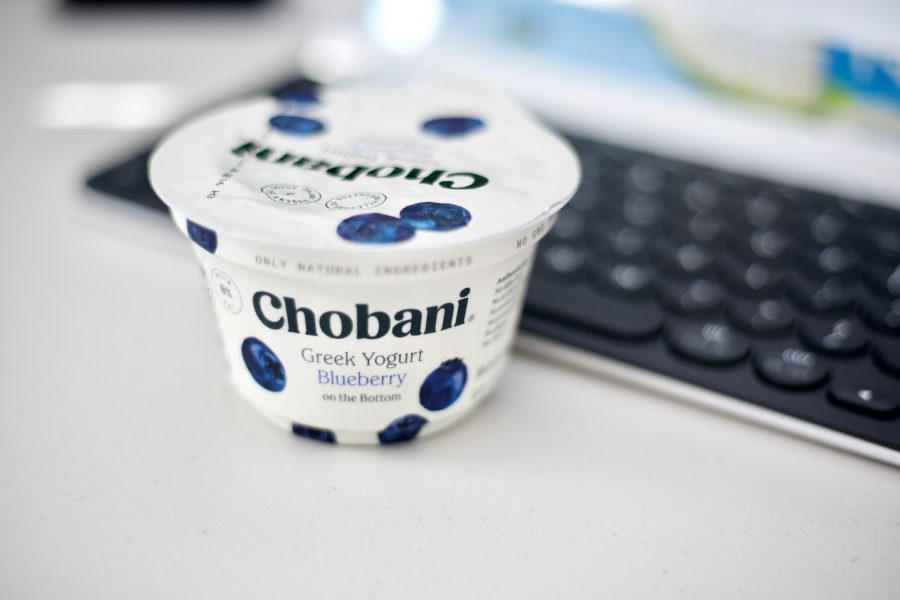Hemp-derived THC beverages have been generating quite the (booze-free) buzz lately, creating ample opportunities for both innovation and confusion across the F&B landscape.
Much of the confusion stems from a loophole in the 2018 Farm Bill that legalized hemp containing less than 0.3% delta-9 THC by dry weight, which has enabled brands to infuse drinks with intoxicating cannabinoids extracted or converted from hemp rather than federally illegal marijuana, which comprises at least 0.3% delta-9 THC.
These developments have led to a fast-growing gray market of hemp-derived THC seltzers, sodas, and tonics that are being produced by brands of all sizes and sold outside of cannabis dispensaries, capitalizing on the ambiguity of federal and state laws.
Case in point, Jones Soda Co. just launched Mary Jones ZERO, a zero-calorie, zero-sugar formulation of its hemp-derived THC soda, ahead of the 2025 Thanksgiving holiday.
Emerging brands are also harnessing the momentum of the trend. Artet, for example, just launched its flagship aperitif, which the brand describes as a “THC-infused, amaro-inspired aperitif” that “offers an elevated yet mellow buzz” with “notes of cardamom, juniper, grapefruit, gentian, chamomile, ginger, and allspice,” which can be enjoyed on its own over ice or added to a variety of cocktails.
However, the golden age of hemp-derived THC beverages is about to end.

Congress Cracks Down on Hemp
In late October, 39 state attorneys general sent a letter urging federal lawmakers to “clarify the federal definition of hemp,” which they claimed that “bad actors have exploited due to a perceived loophole in the 2018 Farm Bill.”
Shortly thereafter, a group of alcohol industry associations, including the American Distilled Spirits Alliance, Beer Institute, Distilled Spirits Council of the U.S., Wine America, and Wine Institute, released a joint statement in support of the letter that read:
“As you know, the clear intention of the 2018 Farm Bill was to reintroduce industrial hemp as an agricultural commodity, not to legalize an entirely new industry of highly intoxicating products. Unfortunately, the ambiguous language has been manipulated and exploited by certain actors, fueling the rapid growth of a largely unregulated market that is knowingly and willfully ignoring the FDA’s position that the addition of intoxicating cannabinoids to food is illegal. The FDA has consistently warned consumers about the safety risks associated with these products.”
These advocacy efforts appear to have been effective, as Congress passed a government funding bill last week containing a provision that will ban nearly all hemp-derived consumer products, which will take effect in one year and place more than 300,000 jobs at risk.
“The new funding legislation to reopen the government intends to close the hemp loophole in the 2018 Farm Bill, but businesses that are manufacturing and/or selling intoxicating products derived from hemp cannabinoids do not have to close their businesses. The legislation includes a one-year off-ramp for hemp-related companies to respond to the changes. Under current law, hemp is legal if it contains less than 0.3% delta-9 THC by dry weight,” said Seth Goldberg, co-chair of the Cannabis & Hemp Law practice at Pashman Stein Walder Hayden P.C.
“The new definition of hemp limits total THC to 0.4 milligrams per product container and prohibits intoxicating substances resulting from chemically converting hemp cannabinoids, which would result in many hemp-derived products that are now legal becoming controlled substances upon the effective date of the new hemp definition in 2026. Therefore, it would be prudent for hemp-related companies to begin thinking through how such changes will impact various aspects of their business,” added Goldberg.







